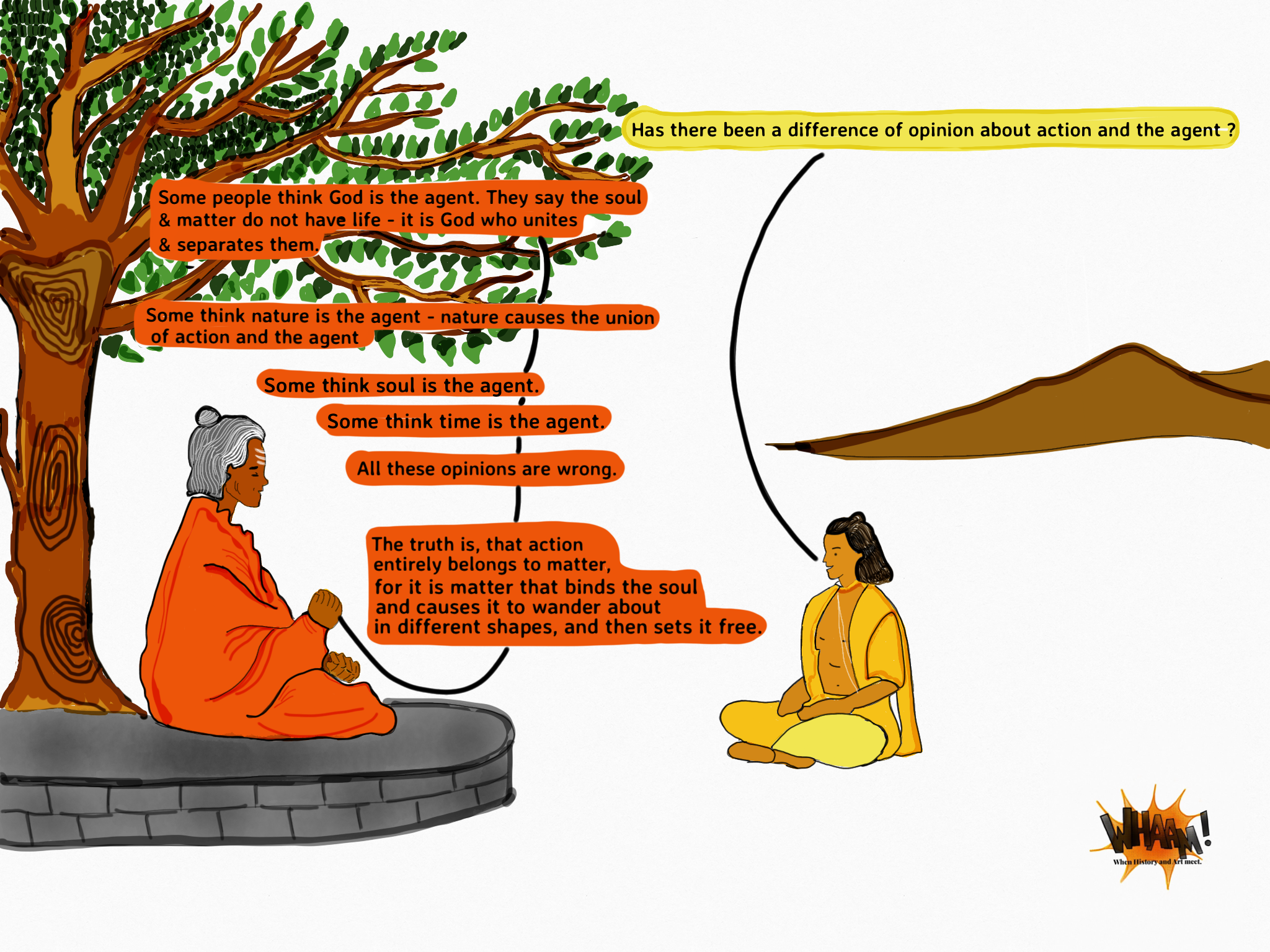Tarikh Al Hind: Chapter 2 - God in Hinduism
Chapter 2
This is the first of a series of chapters on religion, philosophy and the idea of God amongst Indian Hindus of the 11th century.
Al Beruni exhibits a slight elitist bias which is not surprising for a learned man of his time.
He says that in every nation, the educated & the uneducated treat religion differently. The educated strive to conceive abstract ideas and to define general principles while the uneducated are content with derived rules and do not care for the details. In the Indian context, “educated” often meant the Brahmin priests, who were the gatekeepers of Hindu customs.
What educated people believe about God
According to Al, educated Hindus believe a number of things about god
- God is one, eternal, without beginning and end, acting by free-will, almighty, all-wise, living, giving life, preserving
- God is unique in his sovereignty, beyond all likeness and unlikeness - he does not resemble anything nor does anything resemble him
In order to explain the Hindu idea of God, Al Beruni uses a few snippets from literature. A common trope in ancient Indian literature is is that of a question and answer flow where a pupil is asking a master a series of questions - this is used to demonstrate a new idea or philosophy.
Patanjali’s Yoga Sutras
Pantajali is commonly depicted as an ancient Indian sage in popular media. Pantajali is also used by the Yoga guru Baba Ramdev as the name for his businesses and products. Until now, I did not know there were multiple famous people who went by the name of Patanjali. After some research, I believe we can narrow down Beruni’s Patanjali to the author of the Yoga Sutras
Extract from the Yoga Sutras
Here is an illustrated version of a dialogue from Patanjali’s Yoga Sutras, the topic being: Who is God?
My thoughts So God is imperceivable to all of man’s natural senses…but the soul can perceive him. That is interesting. I like the idea of God as someone who has always known, since the beginning of time; and he knows everything
Note: Clicking on the image above will take you to a zoomed in version of the image. If you want get back here from that view, use your browser’s ‘Back’ button.
Gita
Bhagavad Gita is a dialogue between Lord Krishna and the Pandava Prince Arjuna during the great war, as described in the Hindu epic Mahabharata. You can say that the Gita is one of the most well known Hindu texts in use. Gita means song and Bhagavaan means God - so, Bhagavad Gita literally translates to Song of God.
Extract from Gita
(Krishna to Arjuna)
Krishna: I am the universe, without a beginning by being born, or without an end by dying. I do not specially belong to one class of beings to the exclusion of others, as if I were the friend of one and the enemy of others. I have given to each one in my creation what is sufficient for him in all his functions. Therefore whoever knows me in this capacity, and tries to become similar to me by keeping desire apart from his action, his fetters will be loosened, and he will easily be saved and freed.
The above passage reminded Al of the philosophy of striving to become as similar to God as possible. Krishna reiterates the idea of God being someone without a beginning nor an ending.
Krishna: It is desire which causes most men to take refuge with God for their wants. But if you examine their case closely, you will find that they are very far from having an accurate knowledge of him; for God is not apparent to every one, so that he might perceive him with his senses. Therefore they do not know him. Some of them do not pass beyond what their senses perceive ; some pass beyond this, but stop at the know¬ ledge of the laws of nature, without learning that above them there is one who did not give birth nor was born, the essence of whose being has not been comprehended by the knowledge of any one, while his knowledge comprehends everything.
The passage above is vague. Is he reiterating the idea that only the soul can perceive God? I don’t very much like the idea that no one can fully comprehend him, while he comprehends everything.
On definition of action & Samkhya philosophy
Al says that Hindus have many different answer to the question - “what is action”? Some consider God the source of action, some do not.
Samkhya is one of the six branches of Hindu philosophy. Al uses an extract from Samkhya philosophy that illustrates the idea of action and agent and here I present an illustrated version of it.
Extract from Samkhya
Other views of God
Al’s bias comes into view here as he implies that it is solely the uneducated Indians who believe in things like idol worship. He compares them to some Jabriyya sect in Islam who subscribed to anthropomorphic doctrines.

